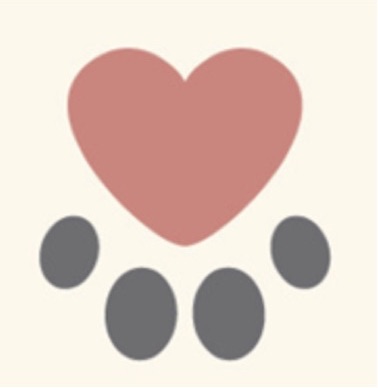Grief is generally seen as a healthy expression of the pain relating to loss with some sense of this as a process that changes over time. It becomes something that can feel unhealthy when we get stuck in feelings such as denial, anger, guilt, longing and disconnection leading to increased risk to both physical and mental health.
Pet loss can also involve ‘disenfranchised grief’ where the depth of the grief is not recognised, understood or accepted by the people around us. This can interrupt, even derail, the grief process leaving us questioning ourselves and the appropriateness of our feelings. The counselling process can help to normalise and validate these feelings and to strengthen the capacity to feel what we feel regardless of how others respond to the same loss.
There can be trauma around the loss — potentially triggering information.
An aspect of traumatic grief can be an intense yearning for the one who has gone, an overwhelming inability to accept the loss, even a sense that the world has been shattered. There might be a reliving of the loss event and these flashbacks can increase the intensity and persistence of the pain of the grief. It may be helpful to process this aspect of the loss using EMDR – an approach that can address traumatic memories.
Grief is like the ocean; it comes on waves ebbing and flowing. Sometimes the water is calm, and sometimes it is overwhelming. All we can do is learn to swim. ― Vicki Harrison
Sessions can be in-person, by phone or via video and are generally weekly with £45 payable by cash or BACS at or before each session. Certain trauma-related issues may benefit from working with EMDR techniques in which case the fees are £65/60 minute session.
Grief Ritual and Ceremony
Ritual and ceremony are often used to mark significant transitions throughout a lifetime and can be an important part of the grieving process. It is an opportunity for integrating meaningful symbolism with important memories and allowing emotional expression to flow freely.
Celebration/Gratitude
As part of the healing aspect of grief we can begin to find ways to go forward through the pain of loss and perhaps even come into a more peaceful place by drawing on more comforting thoughts. Perhaps exploring memories that allow you to feel whatever feelings are present for you including the warm, joyous and loving ones you shared with your pet. This can help in moving into feelings of gratitude for and a celebration of these experiences.
Memorabilia
When we lose a pet, it is likely that they will leave behind lots of objects such as food, food bowl, collar, lead, toys, bed etc. It can be upsetting to have these around the home but difficult to just ‘get rid’ of them. It may be helpful to talk through how you want to manage this, what feels meaningful to keep as a memento and how to release what doesn’t. Perhaps donating some items to an animal charity for example, giving a sense of creating a legacy for your lost pet.
Managing the Void
In losing a companion animal there will likely be activities we used to share, be it walks in the outdoors or cosy evenings on the sofa, that perhaps now feel lonely and upsetting. Part of moving into healing is finding ways to adjust to the new reality of life after the loss. This will be a process that is unique to each of us. Perhaps the familiar walk becomes a commemorative ‘memory journey’. These bitter-sweet memories are another opportunity to feel all our feelings and move into a gratitude for all that was shared.
Memorial/Creative Expression
Creativity can be a way to access emotional layers and surface unexpressed feelings. Exploring this may include organising a photo collection, a piece of writing or poetry, selecting some music or a song that speaks to your loss. This process can allow you to not only process these feelings but also create a meaningful memorial as a container of sorts for holding an essence of your relationship with the pet you have lost. Through this the special nature of the human-pet relationship can be in itself a powerful tool to use in processing its loss.
